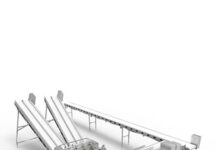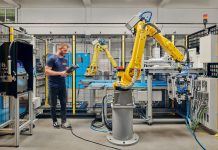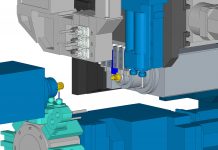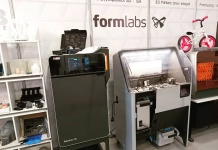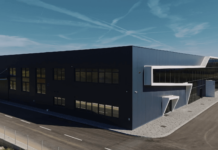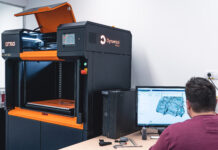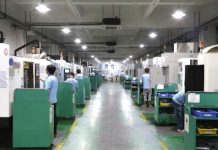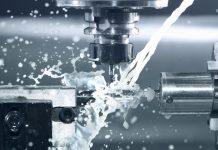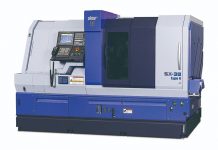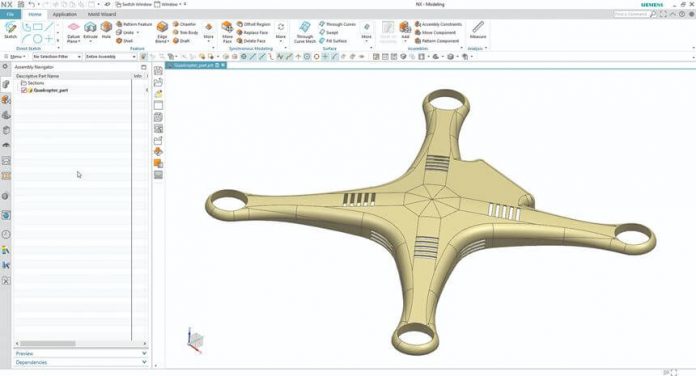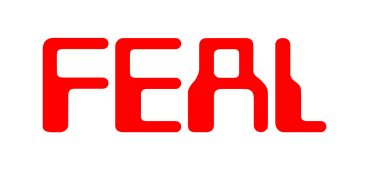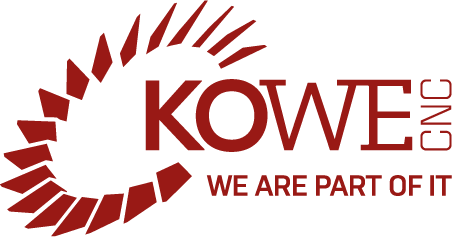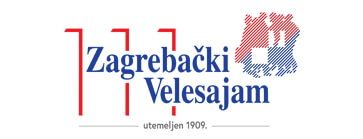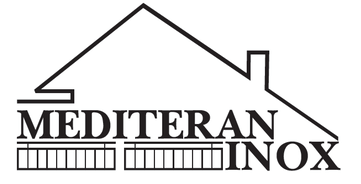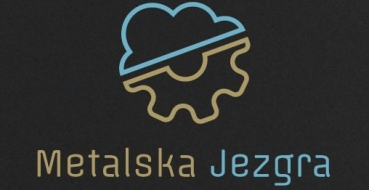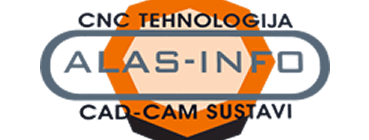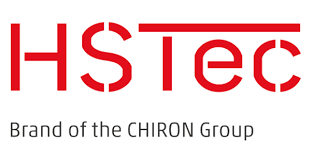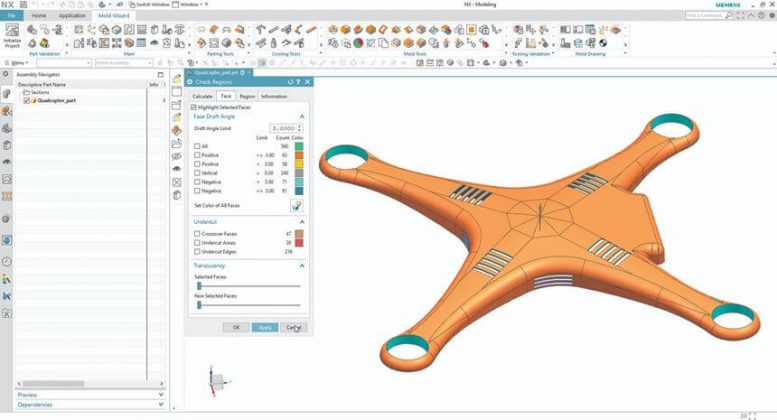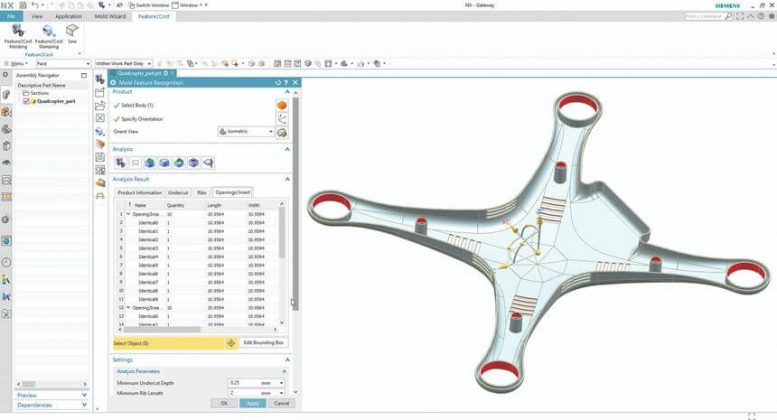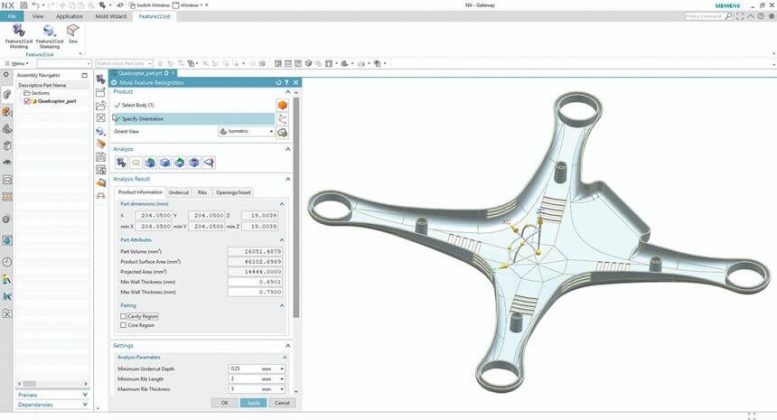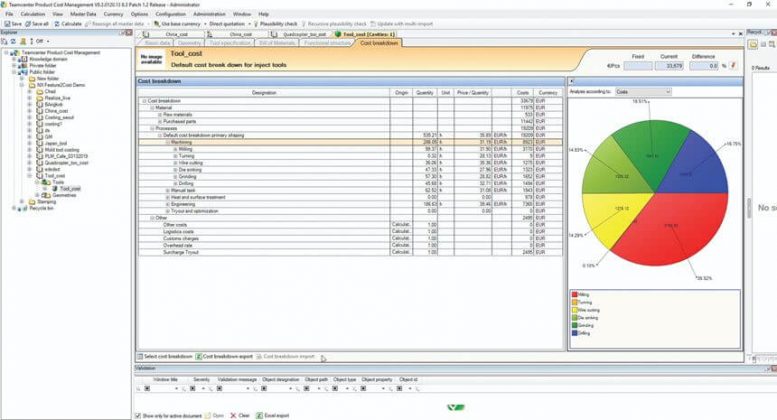The right costing software can help to improve mold quoting and production.
Mold manufacturers must deliver high-quality molds to customers faster than their competitors and then help them design products right the first time. Ultimately, moldmakers are striving to pull together the multiple pieces of the mold design process to integrate and manage design within the product development process.
According to studies, 70 to 80% of the total product cost is determined during the initial stage of product design. During the last stage of the product’s life cycle, a large portion of product cost continues to incur, so it is important to pre-estimate tooling costs.
One of the key challenges that mold builders face is competing in the global market to produce tooling at a competitive cost while maintaining part quality. While most companies estimate tool cost based on experience or spreadsheets, they often end up with wrong calculations — either quoting too high and then losing the order to the competition or incurring extra costs during the remainder of the manufacturing process that yields a financial loss.
It is very difficult for moldmakers to estimate how much time and money they invest in mold quoting each month. Mold builders spend a considerable amount of time and money each month quoting molds that will never become actual jobs. This way of doing business cannot work in the long run.
One solution is an integrated application for tool cost calculation in CAD software that helps mold builders accurately calculate mold costs based on recognition of cost-driving geometric parameters such as surface area, volume, wall thickness, feature ribs, openings and undercuts.
This application can make the quoting process more efficient and accurate while eliminating dependencies on third-party applications. 3D models that are designed in or imported from the CAD software are analyzed for manufacturability considering the draft angle, wall thickness, mold flow and plastic injection. Costing parameters are then identified through feature recognition automation. Then the product cost management integration comes into play, which calculates the tool costs, including labor costs based on the costing parameters.
Advanced feature recognition also helps to identify features that are major cost drivers for product and mold costing and required for corresponding cost models. This software supports primarily in connection with product cost management integration, which includes both product and mold costing.
Product costing provides an enterprise-wide platform for managing calculations and the basis for standardized costing methods, models for fact-based calculations and transparency into cost drivers. With mold costing, the mold builder can create timely, reliable cost estimates for quotation and tool cost analysis. Product cost management integration includes injection molding, die casting and stamping tools, as well. Users can read the 3D data automatically or manually create the geometry parameters.
Geometric parameters and features can be entered manually into the geometry object, or the CAD software can be leveraged to populate the geometrical parameters and features within the geometry object in a semi-automated way. While features are detected automatically, inspecting the results and manually interacting with the data is always required.
The CAD system also recognizes geometrical parameters and features for a single part and converts them into cost drivers for product and mold cost calculation.
The software also detects advanced features such as ribs, undercuts, bending areas, etc. that are required to calculate mold costs, especially in an early phase when no mold design is available. After the user identifies all of the cost drivers, they will use this information to deliver quick and accurate estimates.
Costing software can help mold builders manage advanced feature recognition to stay ahead of the competition.
Mold manufacturers face many challenges, including producing a high-quality tool while keeping the costs low. Implementing a software solution that provides an integrated end-to-end workflow from costing/quoting to tool manufacturing will yield many benefits and deliver competitive success.





